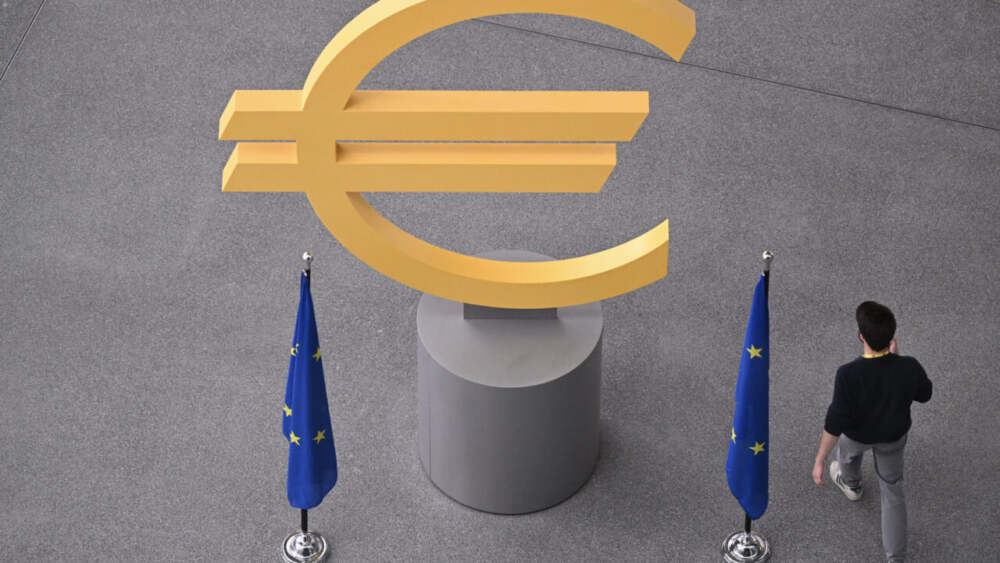In a surprising twist for global finance, several major French firms are now able to issue debt at interest rates lower than those demanded for French government bonds. The emerging trend is unsettling for analysts and markets — it challenges traditional risk hierarchies and intensifies concern over France’s fiscal standing.
What’s Happening
Typically, government bonds are seen as the benchmark for low risk: they usually carry the lowest borrowing cost in a country. Corporations, on the other hand, have to pay a “risk premium” above government yields because they are considered more likely to default. But recent bond issuance data shows that some large French corporations — including household names — are being judged by investors as being safer than the French state itself.
Among the companies benefitting: L’Oréal, Airbus, and Axa are reportedly paying less interest on certain bonds than comparable French sovereign debt.
Why This Is Occurring
Several interconnected factors appear to be driving this unusual inversion:
- Investor Fears Over France’s Fiscal Health
Concerns about rising government debt, structural budget deficits, and political promises that may complicate fiscal discipline have dented confidence in sovereign securities. Investors are demanding higher yields to hold French sovereign bonds, pushing up government borrowing costs. - Strong Corporate Financials
The companies in question have long track records, solid earnings, diversified revenue sources, and generally low credit risk. Their bond issuance under these conditions signals that investors believe these firms are capable of weathering economic turbulence better than the state. - Flight to Quality Within Business
In uncertain times, investors tend to prefer quality, and for some, certain corporations may now represent that “safe haven” more than government bonds do — especially if the government is seen as being under fiscal or political stress. - Market Mechanics
Liquidity, debt supply, bond maturity, and investor demand all play into spreads. Some corporate bonds have shorter maturities or more favorable terms than government bonds — and in cases where demand is strong, yields can compress sharply.
Implications
- Risk Reassessment: Investors are implicitly treating some corporate credit as less risky than sovereign risk. That has broad implications for portfolio allocation, insurance underwriting, and risk modeling.
- Pressure on Government Borrowing: As sovereign bond yields rise (due to increased risk premium), borrowing costs for the government become more onerous. For France, which already carries high public debt, this increases fiscal vulnerability.
- Policy Ramifications: The government may face pressure to tighten its budget, or consider reforms to improve fiscal discipline or reassure markets.
- Signal to Other States and Firms: If this inversion widens or persists, it may act as an early warning for other sovereigns with weaker fundamentals. It also may encourage more corporations with strong metrics to issue bonds, taking advantage of favorable rates.
What to Watch
- Further movements in sovereign yields versus corporate bond yields in France and across the eurozone.
- Government reactions: are there policy announcements or budget changes aimed at calming markets?
- Rating agencies: how they respond in their assessments of French sovereign credit risk.
- Investor behavior: continued demand for high-grade corporate bonds, especially those from companies with international presence or diversified risk.
Bottom Line
This inversion — where elite corporations can borrow more cheaply than the state — is a vivid signal that confidence in France’s fiscal position is being questioned by global markets. It’s not just a technical anomaly, but a symptom of deeper unease about where public finances are headed. And if policymakers don’t act to reassure investors, the gap could widen, with serious consequences for the cost of funding public projects, national borrowing, and long-term economic stability.
















Leave a Reply